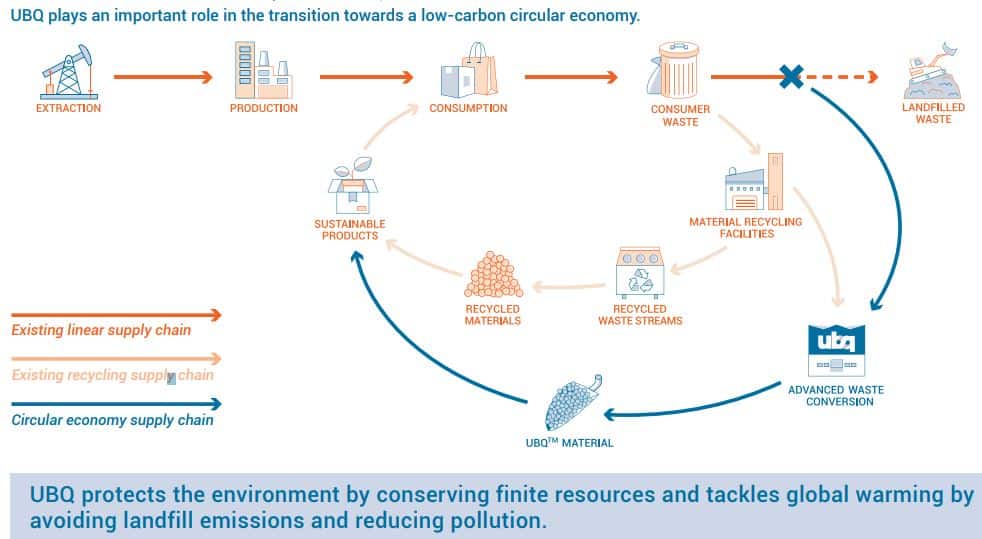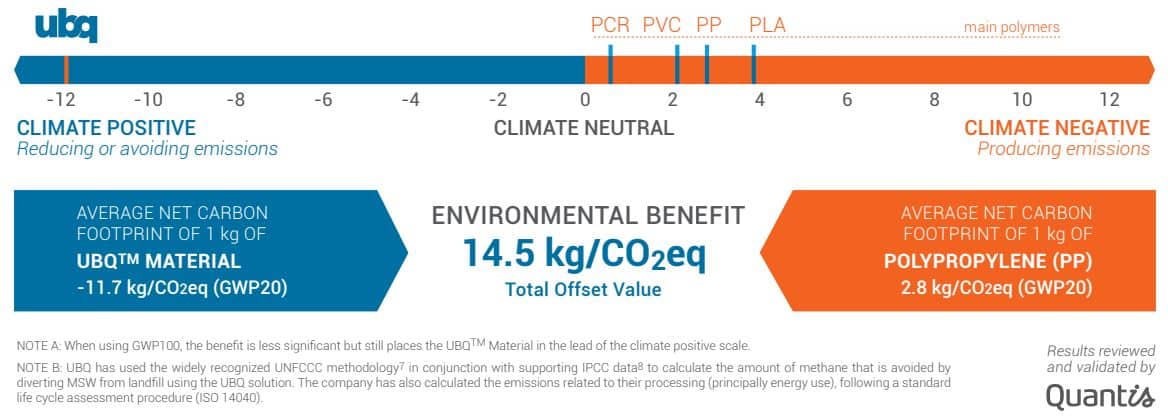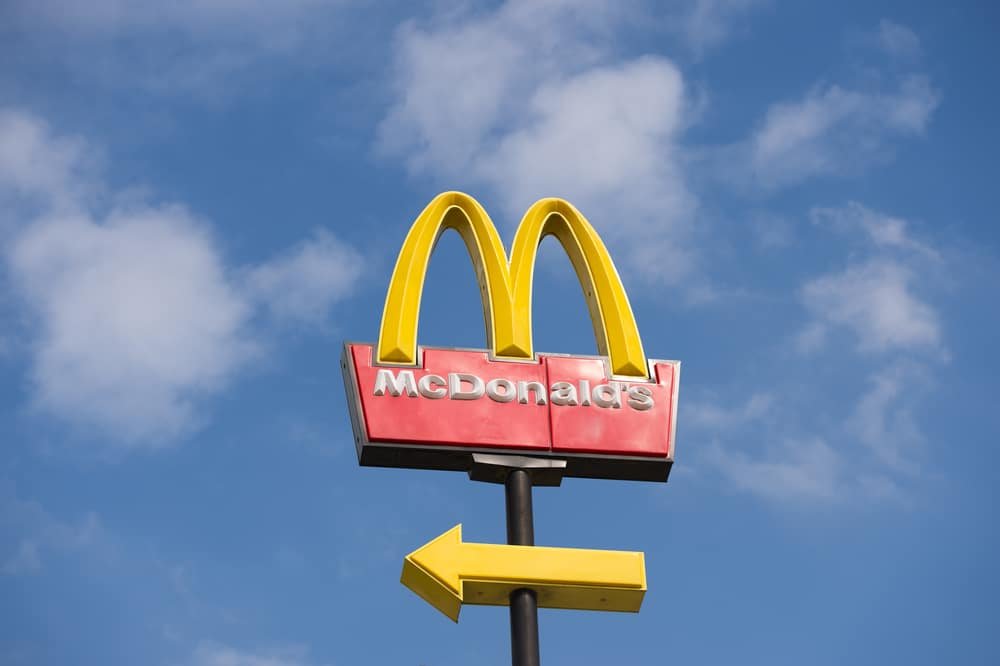People are generating ever-increasing waste, producing ever-increasing plastic, and releasing ever-increasing carbon emissions. Addressing these three problems is what a climate tech developer UBQ Materials focuses on in partnership with large companies like McDonald’s.
Israeli-based UBQ Materials employs advanced conversion technology to turn residual waste, including organics and hard-to-recycle materials, into a renewable resource. Subsequently, it announced the recent expansion of its partnership with Arcos Dorados, the world’s largest independent McDonald’s franchisee.
Arcos Dorados runs the largest quick service restaurant chain in Latin America and the Caribbean and has the right to own, operate, and grant franchises of McDonald’s restaurants. It’s the first to create building components “Made with UBQ™” in its São Paulo McDonald’s restaurant.
A New Standard for Sustainability in the Restaurant Sector
Since 2019, the biggest McDonald’s franchisee has been partnering with UBQ Materials as an integral part of its sustainable materials strategy. Together, they’re able to integrate UBQ™ into serving McTrays in McDonald’s restaurants across Brazil and the Caribbean in 2021. These sustainable trays achieved climate positivity for their estimated climate impact for over 20 years.
Building on this initial collaboration, Arcos Dorados is now expanding the use of UBQ™ materials into building components, including electrical conduits, connection boxes, and modular wooden boards.
Highlighting the importance of their deal, Arcos Dorados Head of Social Impact and Sustainability in Brazil, Marie Tarrisse, remarked that:
“…Our collaboration has been an important part of our approach to building sustainable operations and is setting a new standard for environmental responsibility in the restaurant sector.”
Moreover, this project aligns with the McDonald’s franchisee’s overarching plan to replace carbon-intensive materials and significantly reduce emissions to meet ambitious sustainability goals. Investing in a circular economy, the initiative can reduce carbon emissions by 36% in McDonald’s restaurants and offices by 2030. It can also lower its footprint by 31% across the company’s supply chain by the same year.
A Sustainable Material Substitute for Oil-based Plastic
Waste: The global municipal solid waste generation is over 2 billion tons a year and it will double by 2050.
Plastic: The current global annual production and consumption of plastics is 350 million tons, which will quadruple to more than 1.35 billion tons by 2050.
GHG emissions: The world generates greenhouse gas emissions at around 50 billion tons a year. Landfill waste emits huge amounts of methane, 11% of global methane emissions, and will increase about 70% by 2050.
In response to these alarming statistics, UBQ Materials is proactively addressing these triple concerns through its breakthrough conversion technology. The Israeli-based climate tech company closes the loop between the ecosystems of waste and materials by producing UBQ™. It is the first bio-based thermoplastic made from 100% unsorted household waste including all organics and unrecyclable materials.
The recycled material has been implemented to replace oil-based plastic resins in use across industries.
- 1 kilogram of UBQ™ replaces 1 kg of fossil fuel-based plastic. It also diverts 1.3 kg of waste from landfills while avoiding around 11.7 kg of carbon emissions. Calculations are based on a 20-year timeline.
UBQ Breakthrough Close-Loop Technology

Therefore, the UBQ solution offers substantial environmental net benefit in the form of avoided GHG emissions of >14 kg/CO2eq.

Its innovative waste conversion process replaces the linear cradle-to-grave system with a closed-loop ecosystem.
As a testament to its versatility, various companies have demonstrated that mixing UBQ™ with existing composites can indeed produce eco-friendly alternatives to everyday materials and products. And McDonald’s is the first to use UBQ materials into building components thereby avoiding carbon emissions significantly.
The McDonald’s franchisee is working with a Latin American pipe manufacturer to make electrical parts using UBQ™. UBQ Materials has partnered with Brazilian manufacturer Madeplast to integrate UBQ™ into modular wood boards in McDonald’s bench structures.
Emphasizing the significance of these partnerships in reducing carbon emissions and tackling climate change, UBQ Materials Chairman Albert Douer noted:
“Collaborations like these are driving meaningful change, showing that sustainability does not have to come at the cost of performance or companies’ bottom lines…Arcos Dorados and McDonald’s are taking on this responsibility within their industry.”

